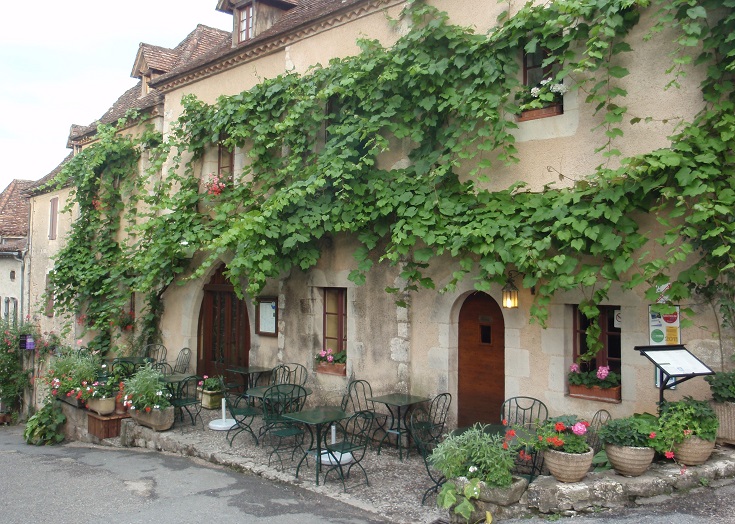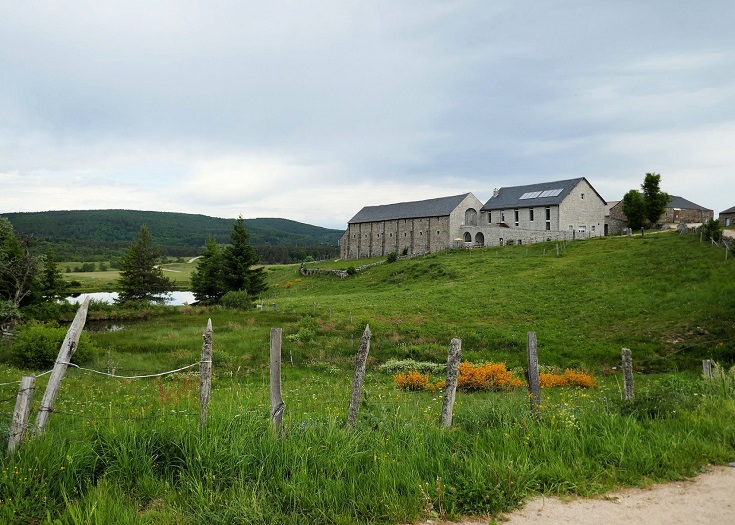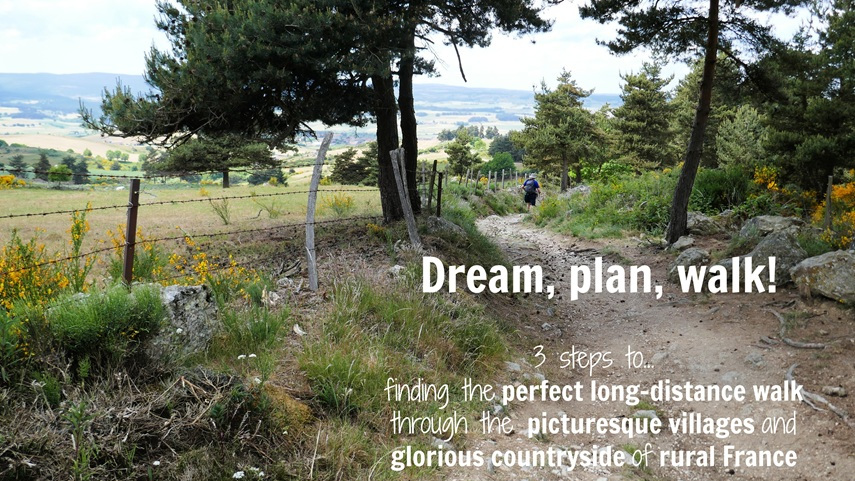
(First published June 2016, last updated July 2025)
When it comes to pre-booking accommodation, most walkers fall squarely into one of two camps—those who always do and those who can’t imagine why deciding in advance where to stop each night would be a good idea.
Some walkers prefer to carry a tent and stop in the nearest campground each night, hunkering down with noodles and a can of tuna or maybe a baguette and a chunk of cheese and wine.
Many will book a bed a day or two in advance, planning their stages accounting for the weather, a rough idea of how far they’d like to walk and where friends they’ve made along the way might be staying.
Others will book everything in advance, having researched the path and discovered several ‘must-do’ towns or villages they look forward to exploring further.
No doubt, one of these options fills your heart with joy and the others make you somewhat nervous. Whether you choose to pre-book a private room and have your luggage transferred each day, or to carry a tent and camp in the nearest village each night, please know that there is no correct way to walk the chemin!

Domaine le Sauvage is an iconic stop on the Chemin de Saint-Jacques. Beds are often booked several months in advance
Rather than recommend one option over another, I suggest you consider the following points before committing to either plan:
- Having your bed booked for the first three nights of any walk allows you settle in without worrying about whether or not you’ll find a bed. If you prefer not to book far in advance beyond the three days, this will give you a chance to talk to your host and ask how busy the path is (are there plenty of empty beds?) and whether they have any recommendations for future stops. They may even help you to make a reservation if you do not feel comfortable communicating in French.
- Certain times of the year are predictably busy for some walks (May and September are busy months on the Chemin de Saint-Jacques, July and August is peak tourist season in the villages along the Martel to Rocamadour walk and coast of Brittany is usually crowded during school holidays). But don’t assume other times will be quiet. Talk to your host and other walkers to learn if beds are becoming scarce. (If you find yourself stranded, take a taxi to a nearby village for the night and return the next morning.)
- If you stay in a chambre d’hôte or gîte and wish to partake in the communal dinner, your host will need to know in advance, before they head to the morning market to buy food. Making a reservation the night before, or no later than early that morning, is a courtesy that your host will appreciate.
- If you are having your luggage transferred, you’ll need to know where you’d like your bags dropped. All transfer companies advise booking at least one day in advance which allows your schedule to remain fairly loose, but they also point out the transfer vans fill up fast during the peak summer months and on rainy days. They advise against leaving your booking until the last minute.
- Whether you reserve a bed three months in advance or the morning before, there is a risk of overestimating or underestimating how far to walk. Bad weather, blisters, sore knees and a variety of unpredictable events can impact how much walking feels good on any particular day. If the day’s walk feels too far, don’t be afraid to stop in a village and call a taxi to your destination. And if you’ve underestimated how far to walk, find a café, put your feet up and enjoy an afternoon off.
Whether you choose to book one day ahead or three months in advance, this handy template for booking accommodation in French works well on WhatsApp, text, email or accommodation websites.
And many more practical tips for long-distance walking
